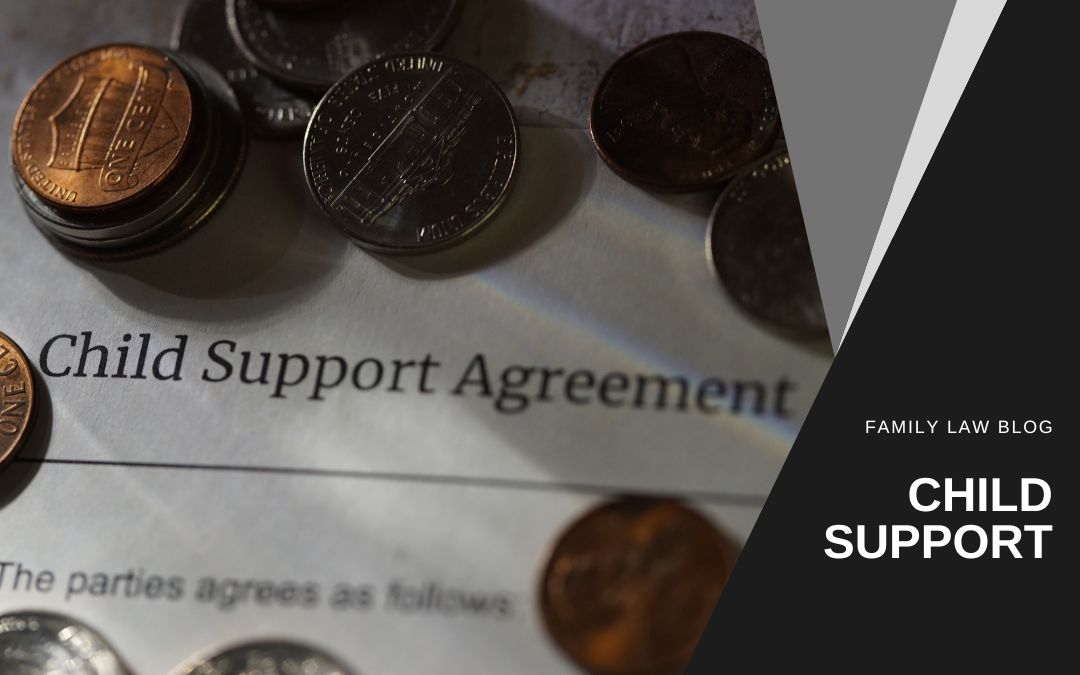Child support is required in divorce.
According to the law, both parents are responsible for supporting their children. Therefore, each parent should pay according to their ability. Additionally, the court can require one or both parents to pay child support — even if the spouses do not request it.
State
How child support is calculated and the rules overseeing child support can vary per state. Regardless of where you live, the court considers many factors when it comes to support.
For instance, the court takes into account that if the children are primarily living with one parent, that parent is contributing to the children’s support. Therefore, the other parent is likely the one to make child support payments — which could be either the father or the mother, depending on the situation.
The courts typically rely on the state’s child support guidelines to determine the amount of support one parent will pay. In general, the guidelines consider each parent’s net disposable income.
Payment Amount
Some factors that help the court reach a payment amount include the parent’s salary, bonuses, and other sources of income. Adjustments are also made based on tax obligations, job expenses, health insurance, and any other hardships.
However, a parent can be required to pay child support even if they don’t have an income because the courts assess this based on the person’s ability to earn.
Child support money is typically to cover the child’s basic needs, such as clothing, shelter, food, public education, and medical and dental care. As such, the parent can use the money to help with general expenses like mortgage or rent payments, car maintenance, and similar expenses.
Parents typically must pay child support until the child is 18. But there are some exceptions. For example, you can stop paying if the child is emancipated before age 18 — unless they are unable to support themselves.
Paying parents can not deduct child support payments on their federal taxes. But both parents may qualify for a dependency exemption, depending on their situation.
Parents that receive child support payments do not have to include the payments as part of their annual income.


